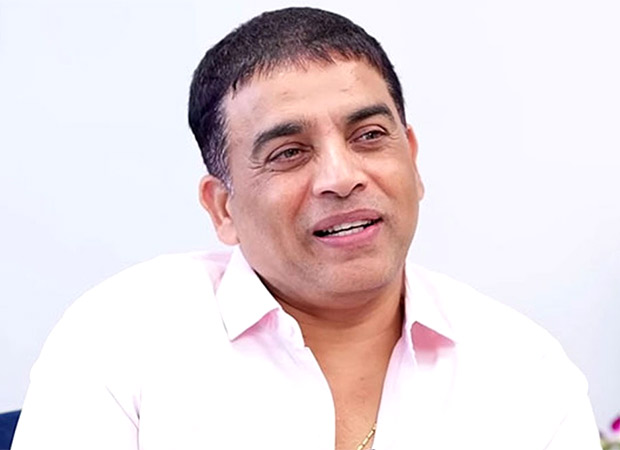When TETFund, SGCI partner to commercialise research in Nigeria
Nigeria’s tertiary education system has a longstanding issue with bridging the gap between theoretical learning and practical application. Despite being well-versed in academic theories, most students often lack hands-on experience and real-world skills necessary to apply their knowledge in actual work settings. Again, Nigerian academics, researchers and innovators face significant hurdles in developing innovations with practical and commercial value, thereby hindering the country’s ability to leverage its intellectual capital for economic growth.
To bridge this divide, stakeholders have advocated the growing need for tertiary institutions to prioritise experiential learning, industry partnerships and skill-based training that prepares students for the demands of the modern workforce.
The collaboration between the Tertiary Education Trust Fund (TETFund) and Science Granting Council Initiative (SGCI) to commercialise research in Nigeria has taken a significant leap forward with 18 researchers and lecturers from 14 institutions unveiling innovative, market-ready prototypes after completing a year-long intensive training programme at Innov8 Hub Abuja.
The participants were split into four teams, each tasked with developing innovative solutions that will address specific societal challenge. The training culminated in the creation of four prototypes, which would require a combined investment of N550 million to bring to mass production.
Speaking at the SGCI Demo Day and Closing Ceremony, the Executive Secretary of TETFund, Arc. Sonny Echono, highlighted the showcased projects as evidence that Nigerian academics are capable of developing innovations with practical and commercial value.
Echono, who welcomed the selection of Nigeria as one of the 17 African countries to participate in the Science Granting Council Initiative’s research projects, explained that four of the 82 research and innovation projects of the Initiative are located in Nigeria.
The Fund had, in 2023, secured a $250,000 grant for selected researchers under its Research for Impact (R4i) initiative. The grant, funded by Canada’s International Development and Research Centre (IDRC) and the Foreign, Commonwealth and Development Office, United Kingdom (FCDO), was awarded to four research teams from 14 TETFund beneficiary institutions.
The SGCI project, implemented by TETFund in partnership with Kenya’s African Centre for Technology Studies (ACTS) and Nigeria’s Innov8 Hub, focused on converting promising research into ready-for-market products over a 12-month cycle.
Expressing delight that the teams have developed innovative solutions to address pressing societal challenges, the TETFund boss said the research projects, which aligned with the Sustainable Development Goals (SDGs), focused on such areas as Affordable and Clean Energy, Life on Land, Clean Water and Sanitation, Industry, Innovation and Infrastructure.
The projects are part of the Research for Impact (R4i) initiative, which aims to transform research into viable and market-ready solutions. He said: “Through transformative initiatives such as the SGCI partnership projects, we are not just funding prototypes; we are also fueling a movement, where a single innovation in a university laboratory or workshop can ripple outward, creating jobs, solving societal problems and putting Nigeria on the map as the hub of African ingenuity. I am particularly happy that this is manifesting at the intersection of the Triple Helix Synergy among the government, academia, and the industry. Alone, each has limits but together, they can form a veritable catalyst for sustainable development.
“TETFund remains steadfast in the belief that Research and Development is the bedrock upon which great nations are built. It is through this bridge between theory and practical application that we can close the gap between knowledge and impact. By supporting these incubation journeys, we are investing in a movement that is reshaping the very foundation of Nigeria’s academic and innovation landscape. Across our nation’s tertiary institutions, a revolution is unfolding where complex concepts are being transformed into real-world solutions, and academic theories are reimagined as life-changing innovations.
“The Fund is committed to advancing research and innovation within academia, knowing that its ripple effects drive technological advancement, economic growth and national prosperity. This initiative is a shining example of how research can transcend theory and evolve into commercially viable, solution-oriented innovations, thereby setting a bold new benchmark of excellence in Nigerian tertiary education,” the E.S said.
On his part, the Minister of Communication, Innovation and Digital Economy, Dr. Bosun Tijani, lauded the consortium of partners for supporting research and innovation in Nigeria, particularly in the development of technologies that can drive economic growth and solve societal challenges.
Represented by his Technical Adviser on Innovation, Entrepreneurship and Capital, Francis Sani, the Minister emphasised the importance of collaboration between government, academia and industry in fostering innovation and entrepreneurship.
Tijani noted that the projects were a testament to the potential of Nigerian innovators and researchers, and highlighted the need for continued support for research and innovation in Nigeria. He also pledged the ministry’s commitment to working with TETFund to support development of technologies that can drive economic growth and improve the lives of Nigerians.
The RIM Project Coordinator, African Centre for Technology Studies (ACTS), Kenya, Dr. Nicolas Odongo and the Deputy General Manager, Innov8 Hub, Dr. Deji Ige, commended the consortium of partners for spearheading the project.
“These four projects implemented in Nigeria represent more than just academic or technical success; they are a testament to the power of knowledge to transform lives, communities and futures in pursuit of sustainable livelihoods.
“They reflect our shared commitment to advancing science, technology and innovation that is rooted in indigenous knowledge, responsive to pressing challenges and geared towards sustainable impact and futures. They are a testament to the power of partnerships and collaboration, and I am glad to see that the partnerships, which began last year, are now starting to bear fruits,” Odongo said.












